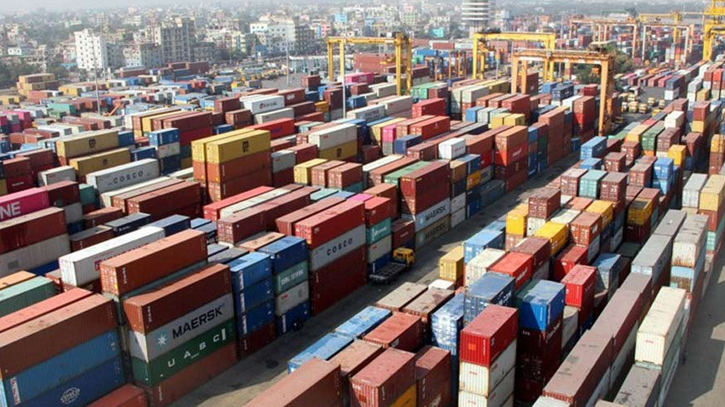
Photo: Collected
Eleven years have passed since the United States (US) suspended GSP benefits for Bangladesh, citing compliance issues. Despite Bangladesh fulfilling all conditions and implementing compliance measures in its export factories, the US has yet to reinstate the preferential trade status. This reluctance stems from ongoing concerns about the implementation of labor laws in Bangladesh.
When asked about the future of Bangladesh’s GSP, Finance Advisor Salehuddin Ahmed told The Daily Messenger, “During a recent meeting, I placed special emphasis on the issue of flooding. Most importantly, they urged us to address challenges in the private sector, particularly with BGMEA and GSP. They have set conditions for the implementation of labour laws.”
He said that Bangladesh would regain GSP benefits if the US conditions are met. When asked if the GSP withdrawal was politically motivated, the financial adviser responded that the USA's conditions are not political. "There are so many departments involved that congressmen can't take action without approval," he added.
He further mentioned that Bangladesh would pursue export, investment, direct investment, and joint investment opportunities. Discussions have taken place on potential actions, particularly in technical sectors, including those represented by the Bangladesh Association of Software and Information Services (BASIS).
The finance advisor called for more investment from US investors in Bangladesh's agriculture, energy, and climate sectors. "The US is very important for us," he noted.
Economically, the US is crucial for Bangladesh. The United States has significant investments in the coastal regions of Bangladesh, including areas like Bagerhat and Pirojpur. They are also contributing to various sectors, including agriculture. The primary focus, however, has been on increasing investments in agriculture, energy, climate, and other sectors, he said.
Industry insiders believe that the United States is withholding preferential market facilities (GSP) from Bangladesh not based on economic criteria, but on political grounds. Industrialists think that this is the reason why the ban imposed a decade ago remains in place, despite Bangladesh now being home to the world’s safest clothing industry.
Over the past decade, Bangladesh has developed the world’s most secure export-oriented garment industry and is now the largest owner of green factories.
Bangladesh Knitwear Manufacturers and Exporters Association (BKMEA) President Mohammad Hatem told The Daily Messenger, “The Rana Plaza incident happened in the garment industry, and GSP was cancelled for other industries too. So, it was understood that this was an excuse. This is an issue on which they have always tried to pressure Bangladesh. We have always maintained that this is a purely political issue.”
Following the Rana Plaza collapse on April 24, 2013, it was announced at the end of June that the world's top economy, the United States, was cancelling Bangladesh's GSP. The US administration imposed 16 reform conditions, including safe working conditions and worker rights, to regain benefits. In the same year, Accord and Alliance, the Europe-America buyer alliances, came to oversee the reform of the country's garment industry. After working for a few years, the two alliances left the country.
Meanwhile, according to the US Green Building Council, an American organization working on green industrialization, there are about 200 environmentally friendly garment factories in Bangladesh, including the world's best. China, Vietnam, and India do not come close to Bangladesh in this regard.
Messenger/Disha








